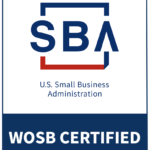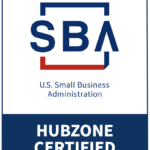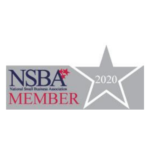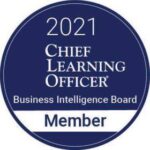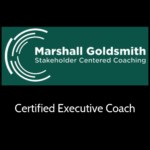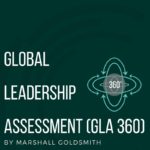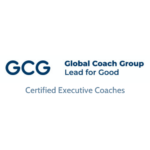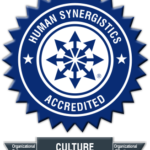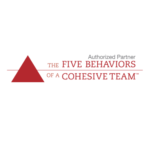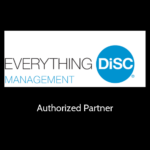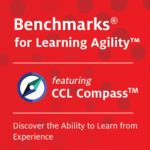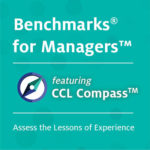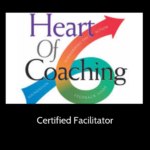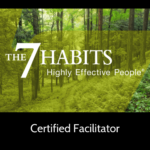TOLERANCE FOR UNCERTAINTY AND AMBIGUITY – A CRITICAL SKILL SET FOR LEADERSHIP
Tolerance is the willingness or ability to allow, endure, and accept a situation, circumstance, or happening. Uncertainty is the state or feeling of apprehensive, doubtful, risky, unpredictable, unreliable, or unsure. Ambiguity is the lack of clarity, consistency, understanding, and certainty.
Tolerance for uncertainty and ambiguity then tells us that people are willing to allow and accept situations and circumstances that are in a state of unknown that includes states of being unclear, uncertain, inconsistent, unpredictable, unreliable, and with the caveat of possibly being and feeling fearful, needing to seek approval and not be empowered, angry and or frustrated over lack of control, misunderstood, apprehensive, and anxious because there is no-to-low security in the work environment.
When tolerance for uncertainty and ambiguity is exhibited and demonstrated, it is often considered challenging for leaders and employees to manage. Research in organizational psychology and leadership development suggests several reasons for this perception (AI):
- Human Nature and Cognitive Bias: Humans naturally seek certainty and clarity. Leaders, like everyone else, can be influenced by cognitive biases that make them uncomfortable with uncertainty. Overcoming these biases requires self-awareness and intentional efforts.
- Risk Aversion: Leaders may be risk-averse, fearing that uncertainty could lead to negative consequences. Embracing uncertainty requires a shift in mindset towards viewing it as an opportunity for innovation and growth rather than a threat.
- Organizational Culture: Some organizational cultures emphasize control and predictability. Leaders within such cultures may find it challenging to promote tolerance for ambiguity, as it may conflict with established norms and expectations.
- Lack of Training: Traditional leadership training often focuses on more tangible skills, leaving the development of tolerance for uncertainty and ambiguity overlooked. Training programs that incorporate this skill are essential for leaders to navigate complex and unpredictable situations.
- Communication Challenges: Communicating in uncertain situations is complex. Leaders need to provide guidance while acknowledging the ambiguity, which requires advanced communication skills that might not be adequately emphasized in leadership development programs.
To operate effectively, leaders and employees must focus on being uncomfortable with the unknown. A focus on being and becoming self-assured and confident in holding professional, productive dialogue around the matter, identifying the key challenges in the particular situation, being inclusively curious and asking good questions about the circumstance, being committed to growth and continuous learning, taking time to explore, research, and analyze and evaluate the situation, managing feelings and energy to priorities, formulate a strategy or develop an action plan, learning from the experience and feedback, and communicating clear and consistently expected behaviors and actions required to evolve and thrive so there is collective progress and achievement. This is all trainable and coachable and takes a state of readiness, energy, and time to develop this skill set.
Leaders and employees can benefit from training programs, coaching that addresses cognitive biases, and exposure to scenarios where uncertainty is accepted, there is an intention of willingness to create positive and lasting change, there is a culture of trust, curiosity, growth, and learning, and all employees are committed to being responsive executing their roles with impeccable agreements, open and inclusive, and focus on creating value, growth, and opportunity for all solutions. Additionally, exhibiting adaptability and learning from uncertainty, thus fostering the development of this crucial skill set.
Are you willing to do the hard work, the good work?
Optimize Talent to Maximize Excellence and Business Success!
~~~~~~~~~~~~~~~~~~~~~~~~~~~~~~~~~~~~~~~~~~~~~~~~~~~~~~~~~~~~~~~~~~~~~~~~~~~~~~~
About the Author - Lori Harris is Co-Founder/Co-Owner and Managing Partner of Harris Whitesell Consulting. She is an experienced Talent Management Executive providing world-class service in Organizational & Culture Effectiveness| Talent Optimization| Organizational, Executive, Leadership & Team Development & Coaching | People Data Expert | Author, Speaker, and Thought Leader.
Harris Whitesell Consulting, LLC., is a human resources and talent management consulting firm headquartered in Wilmington, North Carolina. Our mission is to create valued partnerships based on trust, excellence, and impact – from assessment to action. We offer assessment, coaching, development, culture, and engagement, change and transition, talent optimization, and customer strategy solutions. Our team of certified and highly qualified experts maximize organizational and leadership effectiveness and business success by working with people and businesses to accelerate value, optimize growth and opportunities for their leaders, teams, and organizational success! We maximize excellence!
Learn more about our services – visit our website, email us at info@harriswhitesellconsulting.com, call us at +1 (910) 409-0202, and…connect, follow, and reach out to us on LinkedIn.


